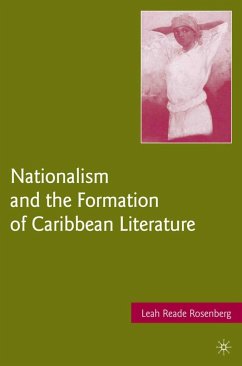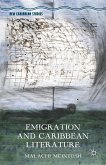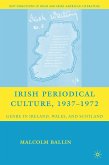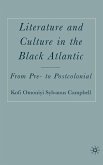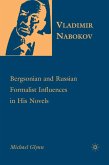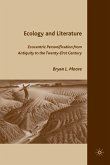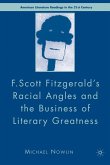This book tells the story of how intellectuals in the English-speaking Caribbean first created a distinctly Caribbean and national literature. As traditionally told, this story begins in the 1950s with the arrival and triumph of V.S. Naipaul, George Lamming, and their peers in the London literary scene. However, Afro-Caribbeans were writing literature already in the 1840s as part of larger movements for political rights, economic opportunity, and social status. Rosenberg offers a history of this first one hundred years of anglophone Caribbean literature and a critique of Caribbean literary studies that explains its neglect. A historically contextualized study of both canonical and noncanonical writers, this book makes the case that the few well-known Caribbean writers from this earlier period, Claude McKay, Jean Rhys, and C.L.R. James, participated in a larger Caribbean literary movement that directly contributed to the rise of nationalism in the region. This movement reveals theprominence of Indian and other immigrant groups, of feminism, and of homosexuality in the formation of national literatures.
Hinweis: Dieser Artikel kann nur an eine deutsche Lieferadresse ausgeliefert werden.
Hinweis: Dieser Artikel kann nur an eine deutsche Lieferadresse ausgeliefert werden.
"Ground-breaking because of its subject matter, Nationalism and the Formation of Caribbean Literature is also remarkable because it opens into other original, if underexploited, vistas." - New West Indian Guide"This is important literary history and criticism, bringing more fully to light work begun on 19th century Trinidadian and Jamaican literature by Caribbean critics such as Rhonda Cobham,Selwyn Cudjoe and Evelyn O'Callaghan. I am confident that this text will become a 'must read' for anyone interested in the historical, ideological, and aesthetic origins of the literature of the English-speaking Caribbean." - Glyne Griffith, University at Albany, State University of New York.

